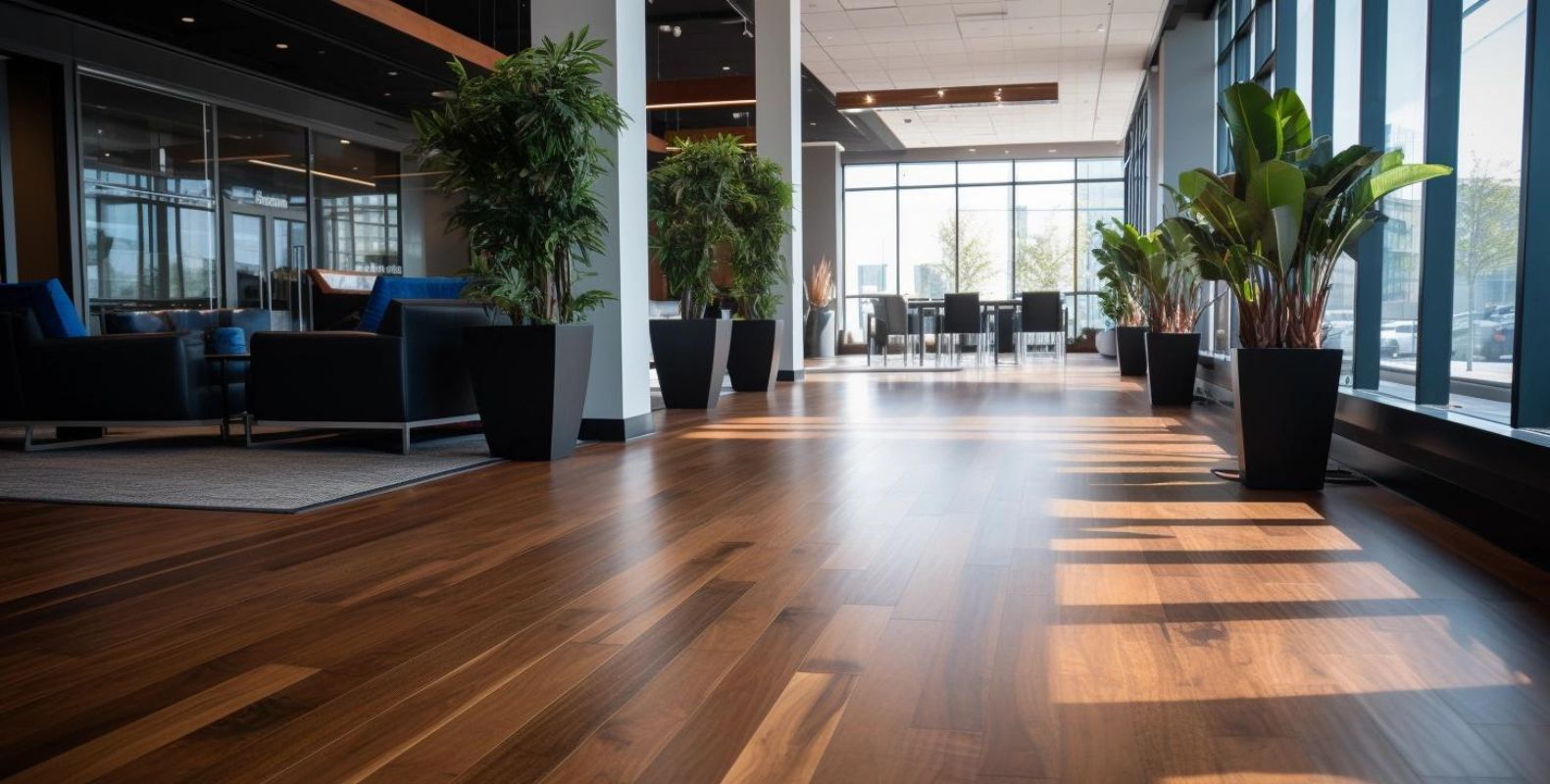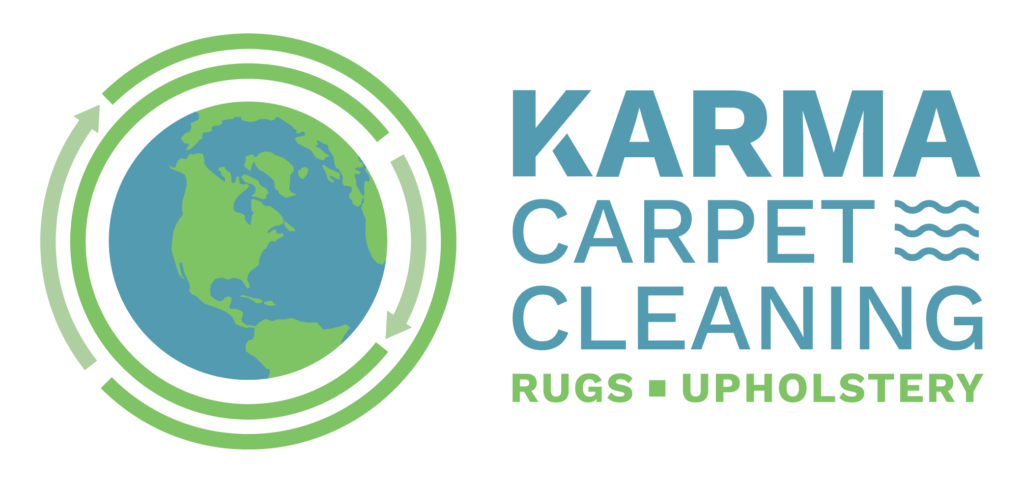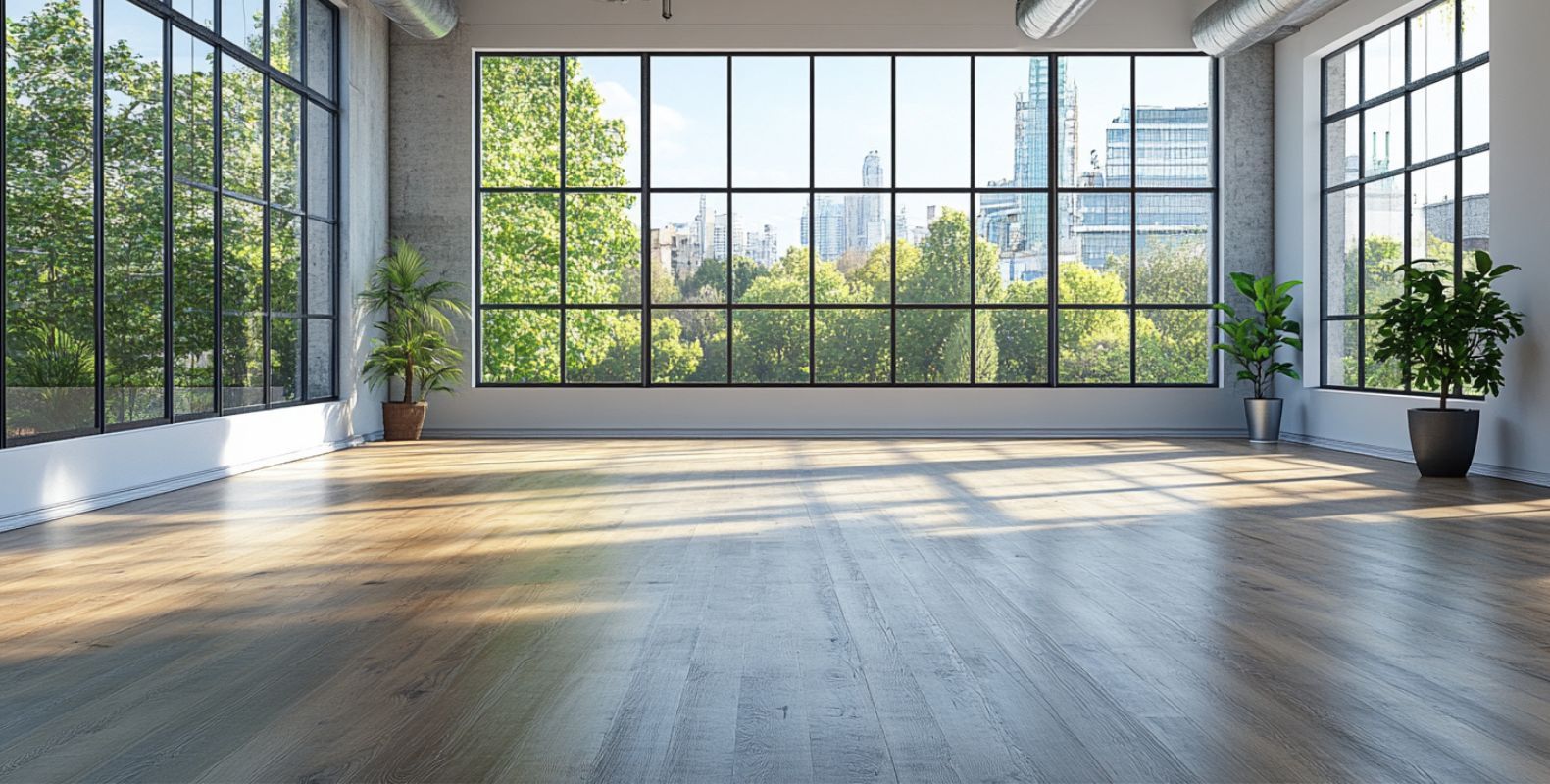Commercial Hardwood Cleaning: Winter Edition

Commercial Hardwood Cleaning: Winter Edition
This article will provide an insightful overview into why winter poses a threat to commercial hardwood floors, the essential tools for winter hardwood cleaning, how to address common winter stains and scratches, and how to balance aesthetics with practicality when protecting these floors. Understanding the effects of winter on hardwood floors and the necessary preventative steps to take is integral to preserving their overall condition and aesthetic.
Why Winter Poses a Threat to Commercial Hardwood Floors
Winter often brings many challenges to the upkeep of both residential and commercial properties. One of the biggest challenges lies in the proper care of popular hardwood floors. With the drastic temperature changes and high humidity associated with winter, hardwood floors can begin to fade, crack, and shrink. However, there are many preventive measures that can be taken to protect hardwood floors before the winter season arrives.
Firstly, because of the potential for increased foot traffic during the holiday season, residential and commercial hardwood floors should be sealed. Sealing the floors can help protect against soaking up debris and stains, as well as moisture damage. Additionally, mats should be placed both inside and outside the entrance of the property to catch dirt and moisture. If the mats covered in dirt and grime, they should be regularity washed to prevent buildup.
The temperature and humidity in the property should be monitored to avoid any potential issues due to extreme variations. If the temperature and humidity become too low, it can cause the floor to shrink creating gaps. If the temperature and humidity are too high, it can cause the floors to swell leading to separation between the boards. The same issue can be seen if furniture is placed on the floor during the winter season. Sitting this large object on the floor permanently for a few months can cause buckling and distortion, especially if the furniture traps moisture in the area.
If the property is tasked with cleaning the hardwood floors, a cleaning solution made from water, white vinegar, and dish soap should be used. Steam cleaners should also be avoided, as the overly humid environment can cause swelling. Similarly, furniture should also be regularly moved to encourage air circulation.
With the proper care and maintenance, commercial hardwood floors can be preserved throughout the winter season. Therefore, it is important to take the right protective measures before the winter season to avoid any dangerous and expensive floor damage. By following these steps, property owners can ensure the safety of their floor and the longevity of their investment.
Essential Tools for Winter Hardwood Cleaning
Dust mops are designed to trap dust and dirt particles that can otherwise become embedded into the grains of the hardwood. These mops are usually made from ultrafine synthetic fiber, which picks up dirt and dust more effectively than traditional cotton mops. Furthermore, dust mops also assist in reducing the static charge buildup that is often associated with the hardwood, particularly in very dry climates.
A good vacuum cleaner is also essential for winter hardwood cleaning. Vacuum cleaners remove dirt particles that are deeply embedded in the hardwood, such as sand, pet fur, and other debris, which otherwise would be difficult to remove using traditional dust mops. Moreover, the strong suction power of certain vacuums is also useful for removing dust and dirt particles that are deeply lodged at the seams of the individual hardwood planks.
In addition, using a cleaner specifically designed for hardwood protection is imperative for preventing the floors from developing scratches and markings. Hardwood cleaners are specifically formulated to protect the protective coating of a floor, thus preserving the beauty of the hardwood. Similarly, owners should also apply a wood protecting polish to the floor, which will help to keep the floor’s protective coating in top condition.
Using the right tools for winter hardwood cleaning can help business owners maintain the aesthetic appeal of their floors while protecting them from wear and tear. In contrast, when these tools are not used correctly, undo damage can be done to hardwood floors. Consequently, it is important for homeowners to be aware of the right tools that are needed for proper winter hardwood cleaning.
Addressing Common Winter Stains and Scratches
When it comes to commercial hardwood floor cleaning during the winter season, it’s essential to be prepared for the challenges that cold weather can bring to your flooring. Winter often brings along a range of potential hazards, including stains and scratches, which require specific care and attention. Neglecting these issues can lead to discoloration or permanent damage, making it crucial to employ the right cleaning agents, methods, and preventive measures to maintain the pristine appearance of your commercial hardwood floors despite the winter weather.
In some cases, you may encounter stubborn oil-based stains, such as those caused by food or other oils, which can adhere to hardwood surfaces. To effectively address these stains, specialized cleaning agents like degreasers, solvents, or detergents may be necessary. Commercial degreasers, for example, can be applied to the affected area, allowed to sit for a few minutes, and then wiped clean with a cloth. Furthermore, you can explore essential cleaners and polishers available in furniture stores, specifically designed to combat various winter stains and scratches.
Similarly, when dealing with scratches on your commercial hardwood floors, it’s important to proceed with care. Minor scratches can often be remedied by applying wax or furniture polish to fill in the scratch and restore the floor’s shine. However, if a scratch is deep and highly visible, more extensive treatments like sanding or staining may be required. For these complex treatments, it’s advisable to enlist the expertise of professionals who possess the necessary tools and techniques to address severe surface scratches effectively.
Balancing Aesthetics with Practicality: Hardwood Protection
Balancing Aesthetics with Practicality: Hardwood Protection is an important consideration for all homeowners who want to enjoy hardwood floors while preserving their beauty. Depending on the lifestyle of the homeowner, they may want to consider various methods for protecting hardwood, ranging from basic cleaning to refinishing. Basic cleaning involves dusting, sweeping, and/or vacuuming the floors regularly in order to remove dirt and debris and extend the life of the wood. Moreover, refinishing the hardwood can further protect the wood and refresh its look while preserving its beauty. Refinishing involves scraping away the outer layer of the wood, sanding it down, and applying a professional finish such as varnish or sealant.
On the other hand, for those seeking a more low-maintenance solution, there are a variety of durable flooring finishes that can be applied in order to protect the hardwood while still preserving its natural appearance. These finishes come in a variety of colors and are designed to help repel dirt and debris while providing a level of stain resistance. Similarly, area rugs can also be used in order to protect the hardwood from direct contact with furniture, which can cause discoloration or scratches to the wood over time.
Furniture protectors or felt pads can be used to further protect hardwood while keeping furniture in place. Finally, regular inspections of the floors are a great way to assess how well the floor is protected so that any necessary preventive maintenance can be done in a timely manner. As a result, homeowners can effectively balance aesthetics with practicality by taking the time to properly protect their hardwood floors.
Final Thoughts
In conclusion, hardwood floors, although a beautiful addition to any home, can easily succumb to damage during winter months if proper precautions are not taken. Homeowners must ensure their floors are kept clean and well maintained during the cold season by stocking up on necessary cleaning tools and supplies. Promptly addressing stains and scratches is also key for long-term protection. Lastly, finding the right balance between aesthetics and practicality is important for making sure that the floors remain in pristine condition and above all, making sure one’s home is a comfortable and pleasant place to be.
FAQ
How does winter moisture impact commercial hardwood floors?
Winter moisture can have a significant impact on commercial hardwood floors. Excessive moisture from snow, slush, and wet footwear can seep into the wood, causing it to expand and contract. This can lead to warping, cupping, or buckling of the hardwood planks. Additionally, the salt and chemicals used for snow removal can be abrasive and damaging to the finish of the wood. To mitigate these effects, it’s important to take proactive measures to protect your hardwood floors during the winter months.
What cleaning solutions are safe for commercial hardwood floors in winter?
When cleaning commercial hardwood floors during the winter, it’s important to use a mild and pH-neutral cleaning solution. A mixture of water and a few drops of a gentle, hardwood-specific cleaner is a safe option. Avoid using harsh chemicals, ammonia-based cleaners, or excessive water, as these can damage the wood’s finish. Always mop up spills promptly and use a damp (not wet) mop for cleaning.
How can I reduce the chances of scratches in my commercial hardwood floors from snow and debris?
To minimize the risk of scratches on commercial hardwood floors in winter, follow these tips:
a. Use high-quality entrance mats both outside and inside the building to trap dirt, snow, and salt from footwear. b. Encourage employees and visitors to remove their shoes or use boot brushes and shoe covers before entering. c. Regularly sweep or vacuum the floors to remove abrasive debris. d. Place protective felt pads on furniture legs to prevent scratches when moving furniture. e. Keep walkways and entrances clear of snow and ice to prevent water and salt from being tracked indoors.
Are there protective coatings suitable for winterized commercial hardwood care?
Yes, there are protective coatings and finishes designed to enhance the durability and moisture resistance of commercial hardwood floors in winter. Some options include:
- Polyurethane: This finish provides a strong protective barrier against moisture, stains, and scratches. Water-based polyurethane is a good choice for lower VOC emissions.
- Oil-based finishes: These can provide a durable and moisture-resistant coating for hardwood floors, but they may have a longer drying time and stronger odors.
- Penetrating oils: These finishes soak into the wood and provide a natural, matte appearance while offering some moisture protection.
It’s essential to consult with a flooring professional to determine the best coating for your specific commercial hardwood floor and to ensure proper application for winterized care. Regular maintenance and re-coating may be necessary to keep the floors in optimal condition.







